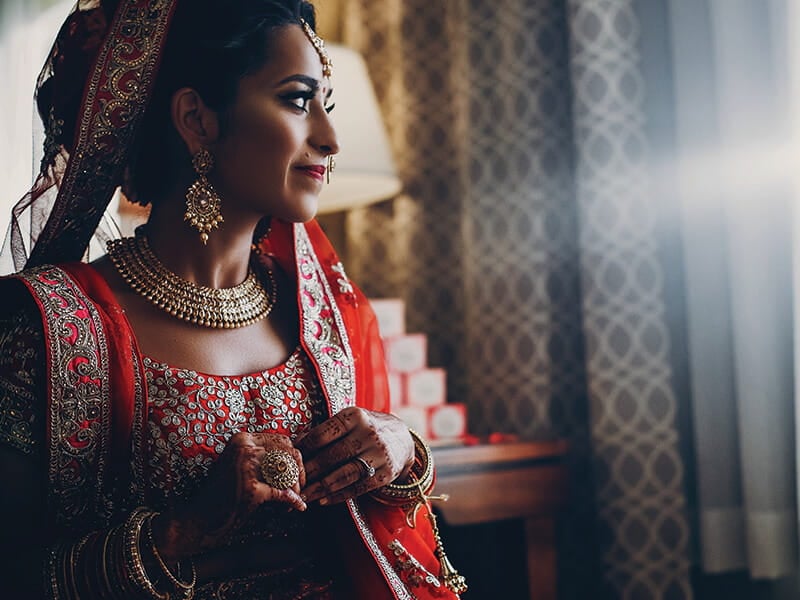In 1992, Hindu extremists tore down the 16th century Babri mosque in Ayodhya with spades, crowbars and their bare hands, triggering fierce clashes between Hindus and Muslims that killed 2,000 people, mostly Muslims, across India.
Hindus want to build a huge temple to their principle deity Rama at the site. The Supreme Court in Hindu-majority India is hearing petitions on rival claims to the land by Hindu and Muslim hard-liners.
After a five-day, 350-mile march from Ayodhya led by an ornate chariot, tens of thousands of devotees assembled in New Delhi, carrying saffron Hindu flags and chanting threats to defy the government.
Leaders of the World Hindu Council, the hard-line group leading the temple campaign, met with Prime Minister Atal Bihari Vajpayee and reminded him of a promise he made to resolve the matter by March 12 - a deadline set by the group.
``Let me warn that we will go ahead with the construction in Ayodhya if the government does not settle the dispute by then,'' World Hindu Council president Ashok Singhal told the crowd.
The Council is affiliated with Vajpayee's Bharatiya Janata Party, but Vajpayee told the group to wait for the Supreme Court decision on the land dispute, which has been pending for nearly eight years.
Defense Minister George Fernandes, a spokesman for Vajpayee's ruling National Democratic Alliance, said the government will try to expedite hearings.
The Hindu hard-liners were defiant. ``No government or court can stop us from building the temple in Ayodhya,'' Ramachandra Paramhans, chairman of the World Hindu Council committee that plans to oversee construction of the temple, told the marchers.
Millions of Hindus revere Ayodhya as the birthplace of Rama and claim a Hindu temple was destroyed centuries ago to build the mosque. A small, makeshift Hindu temple built on the site soon after the mosque was torn down is protected by hundreds of police.

